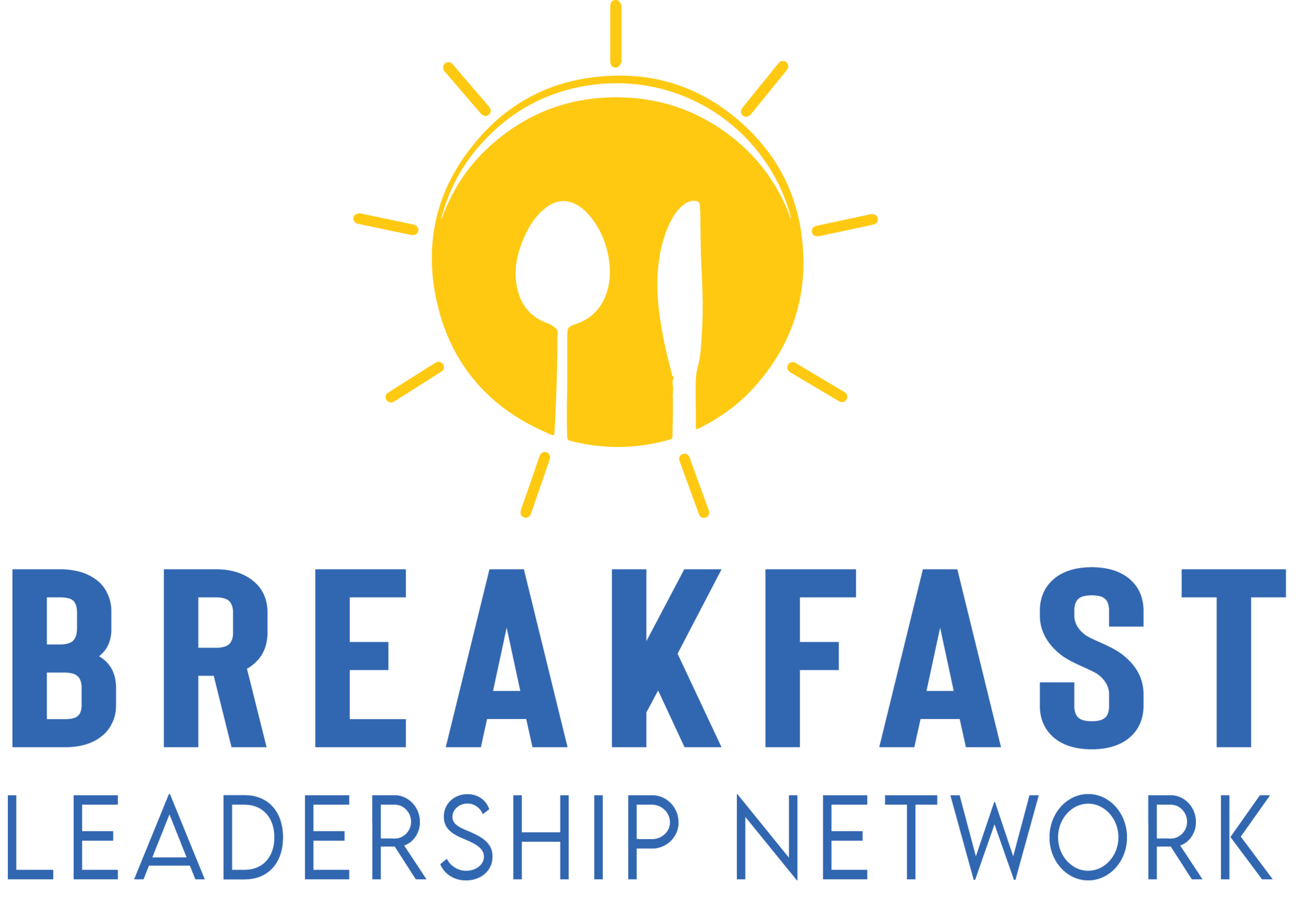How to Create a Flexible Business Strategy That Adapts to Disruption
In today's fast-paced business environment, disruption has become commonplace. Whether these disruptions are caused by new technologies, altering market conditions, or shifting consumer preferences, businesses must be prepared to respond swiftly and effectively. However, many executives need help recognizing and responding to persistent disruption. This article will examine some of the most essential strategies executives can employ to identify and respond to ongoing disruption.
Recognizing Disruption
The initial step in responding to persistent disruption is recognizing its presence. While some disruptions, such as the abrupt emergence of a new competitor, are easily identifiable, others may be more subtle and gradual. Here are some indicators that your industry or market may be experiencing disruption:
The emergence of new competitors is one of the most precise indicators of disruption. Observe new companies entering your industry or market and existing companies expanding into new areas.
In today's digital age, consumer preferences can change rapidly and drastically. I'd like you to monitor customer feedback, online reviews, and social media discussions to identify any shifts in consumer preferences.
Technology is constantly evolving, and innovations can disrupt entire industries. Please look at emerging technologies and their possible effects on your industry.
Economic conditions can also contribute to disruption. Monitor economic indicators, such as GDP growth, unemployment rates, and industry-specific trends.
Changes in government regulations can also disrupt industries. Please stay abreast of any proposed or enacted regulatory changes affecting your organization.
Confronting Disruption
After recognizing that your industry or market is experiencing disruption, the next step is to respond effectively. The following are some of the most essential strategies that executives can employ in response to ongoing disruption:
The status quo needs to be revised in a disrupted market. Executives must be open to change and modify their business models accordingly. This may involve investing in new technologies, exploring new revenue sources, or reorganizing the company.
Businesses must be innovative and agile to respond to disruption. Executives can cultivate a creative culture of talent development by encouraging experimentation, rewarding risk-taking, and promoting teamwork.
In a disrupted market, forming strategic alliances with other companies in the same industry may be advantageous. This can help the business share resources, combine expertise, and expand its reach.
Invest in talent development: Businesses need competent and adaptable employees to respond to disruptions. Executives can invest in talent development by providing training and development programs, fostering cross-functional collaboration, and encouraging a culture of continuous learning.
In a market affected by disruption, the competitive landscape can change rapidly. Executives must remain current on their competitors' activities, such as new product introductions, strategic partnerships, and marketing initiatives.
Regardless of the disruption, the customer should remain the focal point of any business's strategy. Executives must adapt their products and services to evolving customer preferences and requirements.
Conclusion
In the current business climate, disruption is inevitable. However, executives can position their companies for long-term success by recognizing the signs of disruption and responding appropriately. Businesses can navigate ongoing disruption by embracing change, nurturing a culture of innovation, forming strategic partnerships, investing in talent development, monitoring the competition, and maintaining a customer-centric focus. By implementing these strategies, businesses can withstand disruption and thrive in a constantly changing market.
——
Please stay connected with us! For more insights and valuable content, don't forget to check out the following resources:
- **Breakfast Leadership Show Podcast**: Tune in to our podcast and get inspired by leadership lessons and success stories from top industry leaders.
- **Breakfast Leadership YouTube Channel**: Subscribe to our YouTube channel for video content on leadership, personal development, and more.
- **Hire Michael D. Levitt to Speak**: Looking for a dynamic speaker for your next event? Hire Michael D. Levitt, the founder of Breakfast Leadership, to share his expertise and insights.
Follow us on LinkedIn for the latest updates. Remember to share this article with your network!


